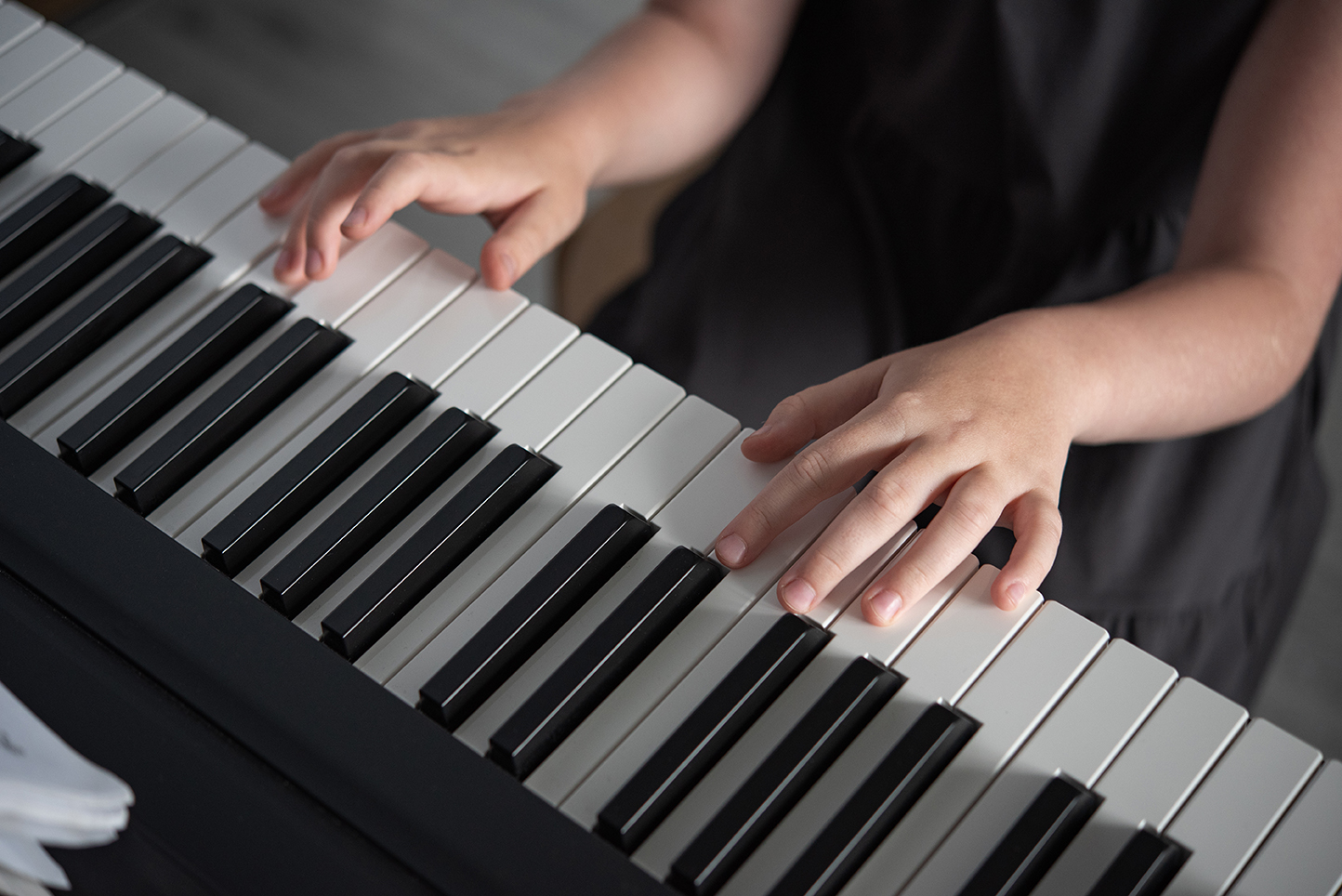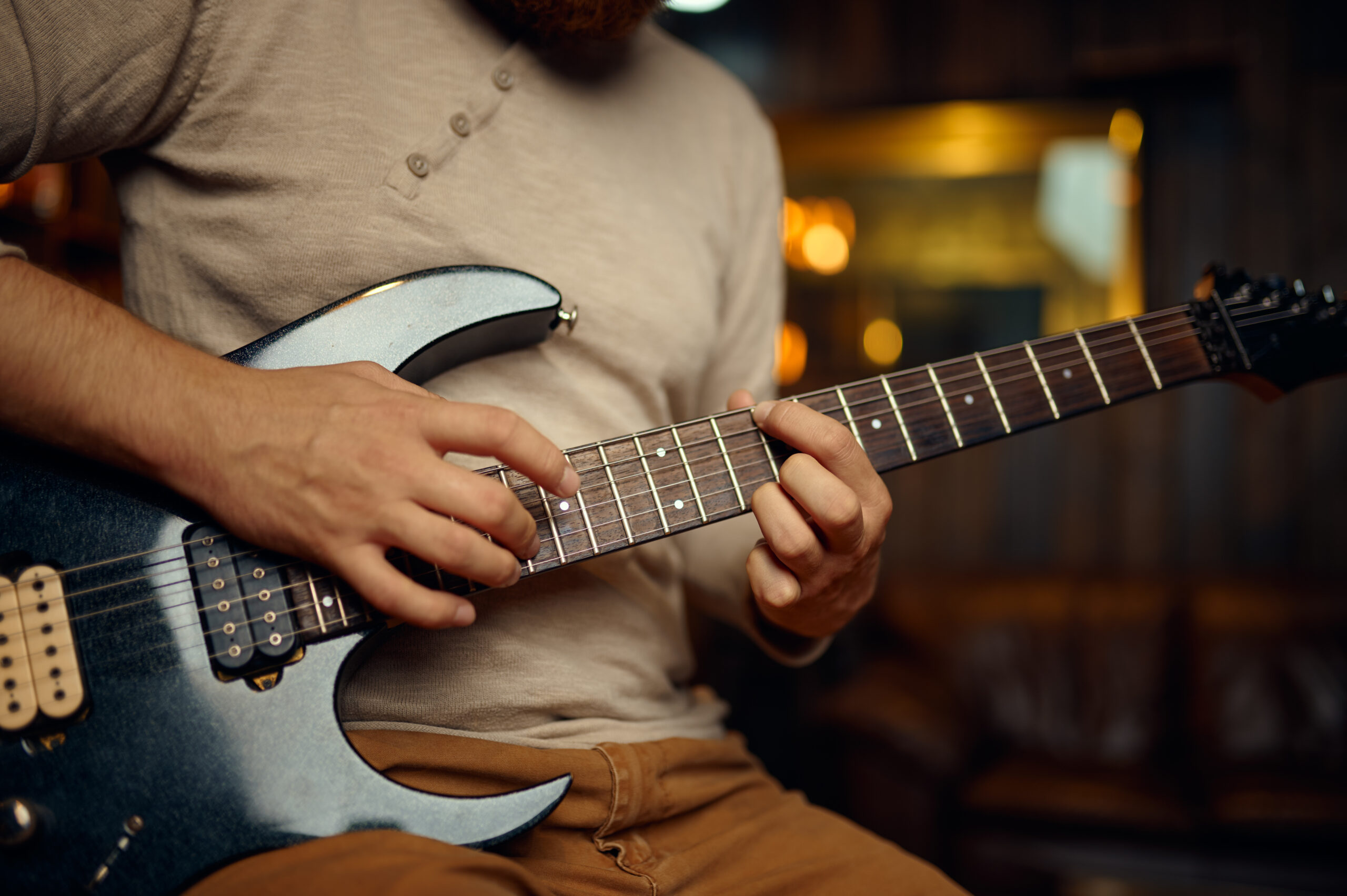Flow and optimal learning
Latest Posts • February 13, 2017

Flow deepens learning. It puts us in a state of heightened creativity and enhanced learning ability and we’re rewarded by many positive emotions at the same time.
In the brain, a fireworks of hormones is triggered in flow, which has an amplifying effect on learning — information or movements are firmly anchored in our memory and can be accessed easily. And it’s fun!
So why don’t we always learn in this state? And what is flow anyway?
In my article “Flow – and why you want to get there” I described flow as this feeling where “nothing else matters.” It’s a feeling of being fully immersed and completely involved in an activity (playing your instrument for example). You lose all sense of time — feeling strong, alert, unselfconscious and at the peak of your abilities.
Your mind is so fully absorbed in the activity that you “forgot yourself” — you’re ‘in the zone’.
The American psychology professor Mihály Csíkszentmihályi, a pioneer of the scientific study of happiness, discovered flow in the 1970s.
Before him, however, others had already discovered this phenomenon, namely Maria Montessori, who called this state “polarization of attention” and made it the foundation of her famous educational theory.
At Modern Music School, we also strive to promote as much flow as possible in our lessons.
The following three criteria play a very important role in achieving flow (you can find a more detailed list here):
An optimal balance between challenges and skills
Immediate feedback to one’s actions and
Clear instructions
In the classroom, the teacher has to find tasks that are neither too hard nor too easy for their students. The tasks have to be challenging but manageable.
At Modern Music School, we help our students navigate the constant balancing act between anxiety (where the difficulty is too high for their skill) and boredom (where the difficulty is too low).
At the same time, we’re providing them with direct feedback, allowing them to focus their attention entirely on the action (polarization of attention). They’re highly focused — in the flow — and everything just feels good.
But students can receive direct feedback also practicing at home, for example through checklists and very clear instructions. Whenever we have clear instructions and know exactly what to, we can stop thinking about it and focus our entire attention on what we’re doing, which helps us feel the positive effects of flow.
Learning happens as if by itself and feels so good that we definitely want more of it.
And as I already mentioned here, once you’ve mastered flow, you’ll have real life superpowers! Being able to get into a flow-state will not only benefit your music practice, but everything you do. It will allow you to access your best self and reach peak performance effortlessly — in all areas of life.




Leave A Comment